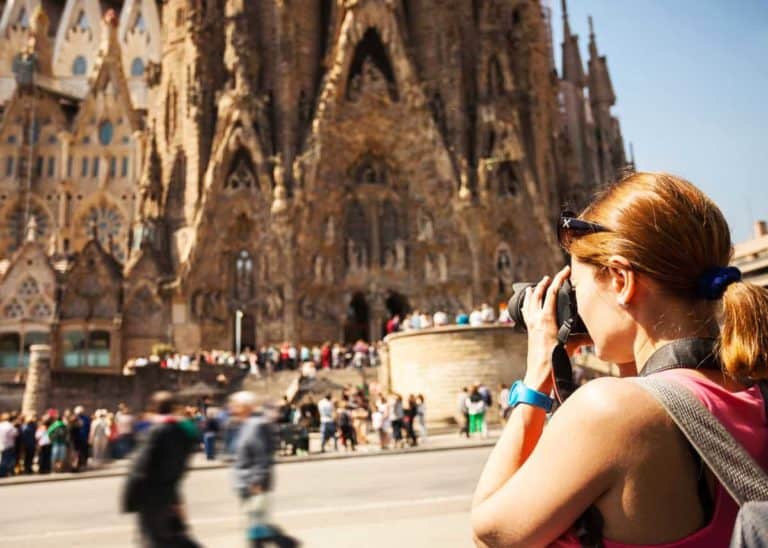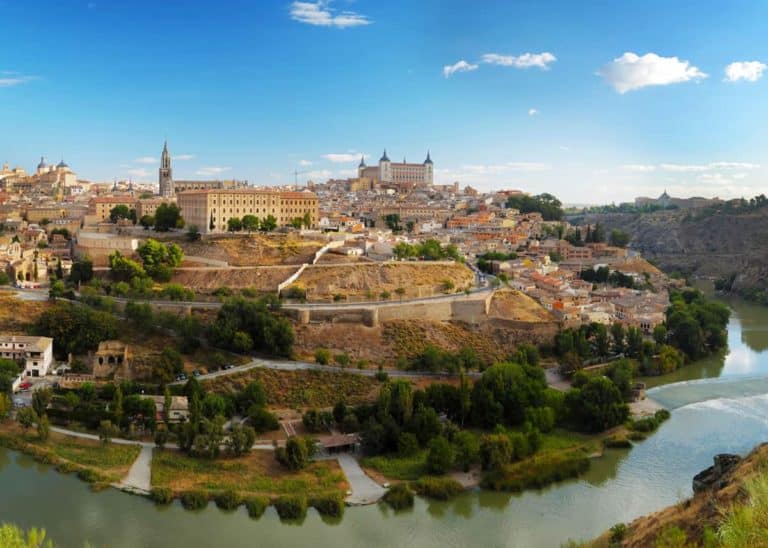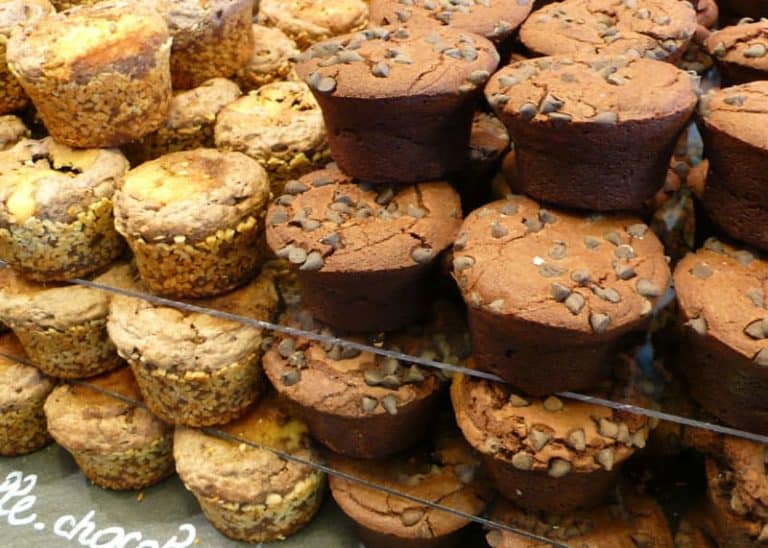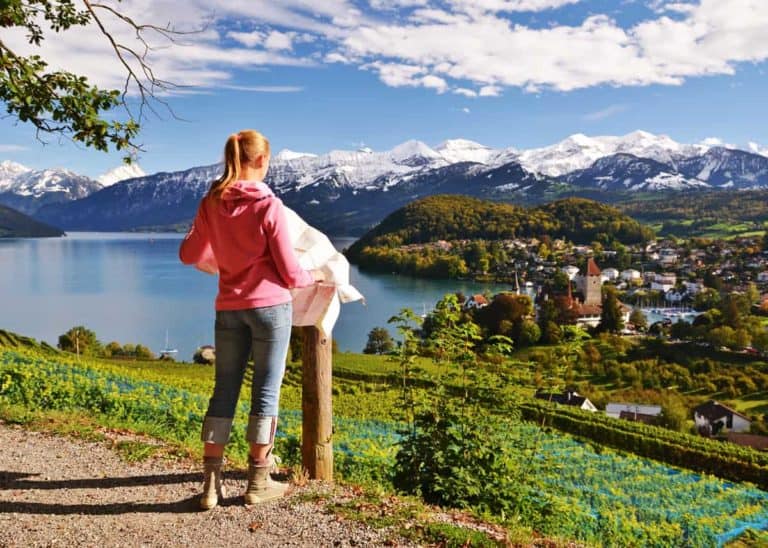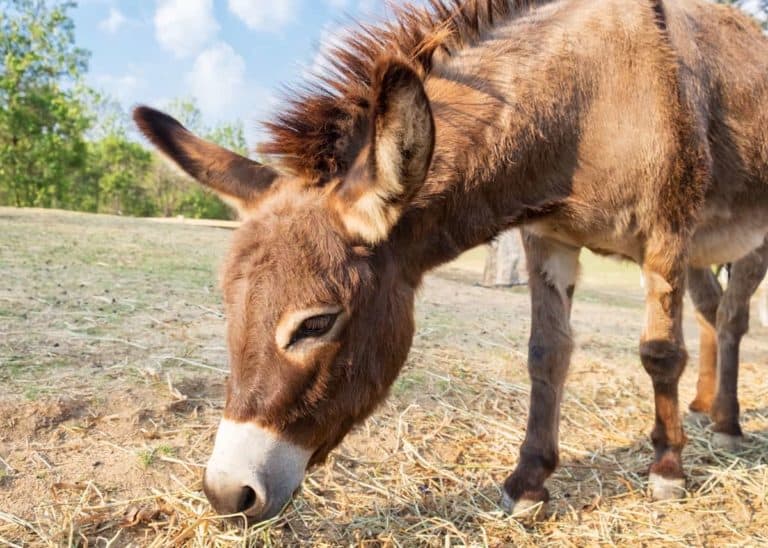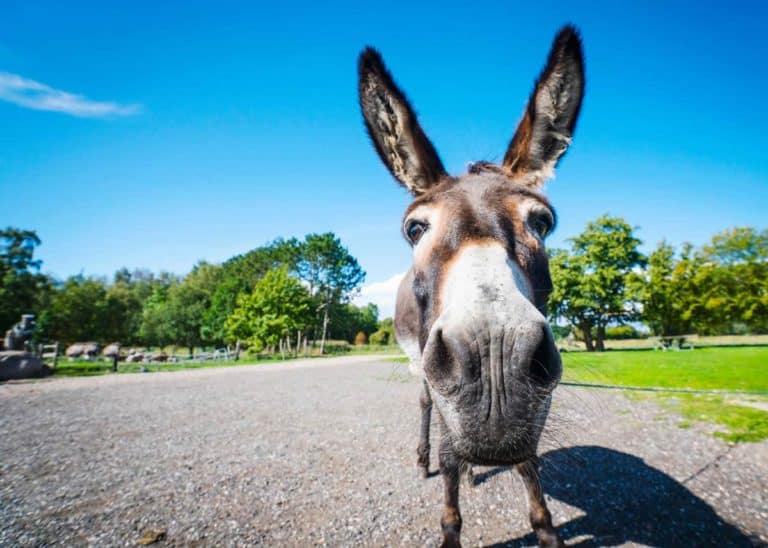Moving to Lucerne Switzerland? 10 Things to Know (Cost of Living, Language, Culture…)
Thinking about moving to Switzerland? In this post by Lucy Ferguson (bio) you’ll learn what you need to know before moving to the city of Lucerne in Switzerland. They include cost of living, culture, language and dialect, weather, public transportation, and more.
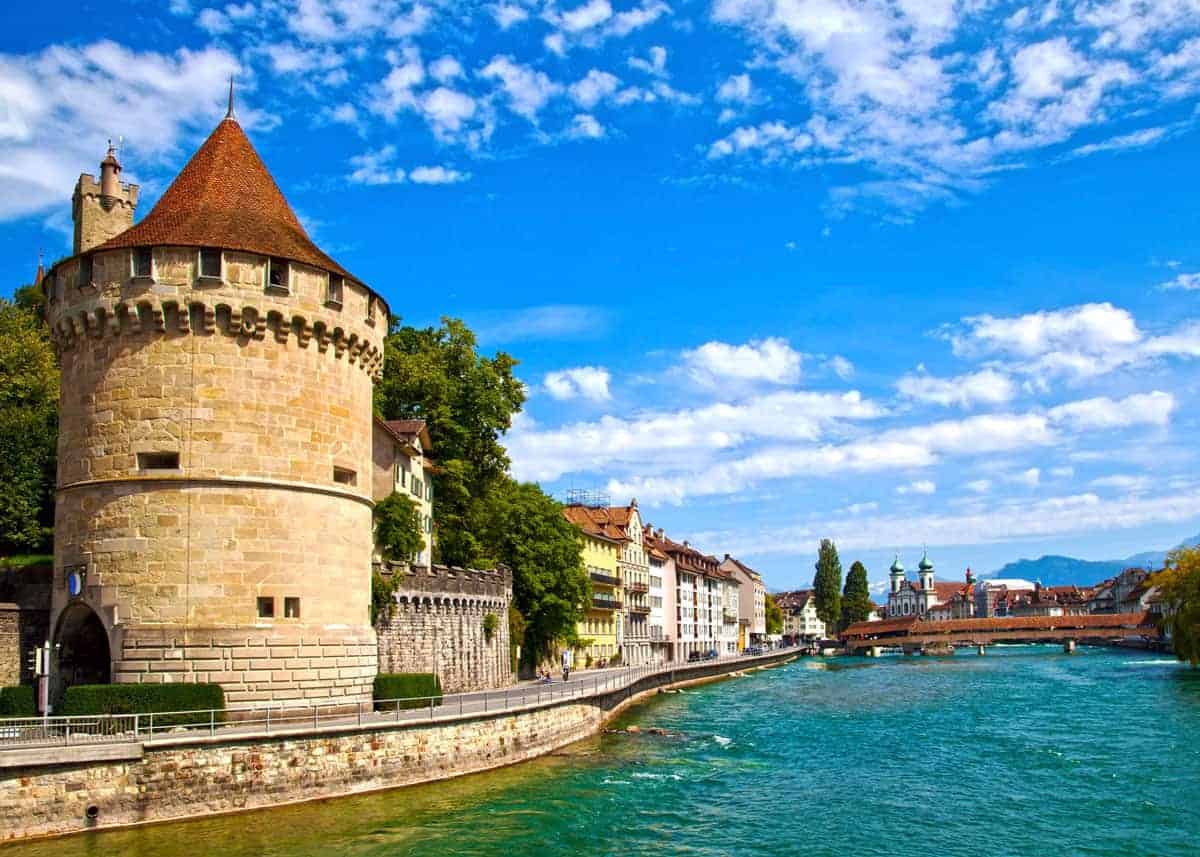
10 Things to Know When Moving to Lucerne, Switzerland
Around a quarter of the Swiss population is not actually Swiss, one of the highest proportions of foreigners in the world. In the middle of the country lies the city of Lucerne, a popular destination for both tourists and expats.
Here are a few things to consider before making the leap to life in Lucerne.
1. Getting a permit in Lucerne
Switzerland may be part of the Schengen area, but it is not an EU member state and its people voted narrowly in favour of limiting immigration in 2014.
Anyone wishing to work or settle here will need a permit, even when moving from within Europe. You’ll need to prove that you can support yourself, either by demonstrating sufficient funds or an employment contract. The self-employed can submit a business plan and client contracts or invoices to prove there is money coming in.
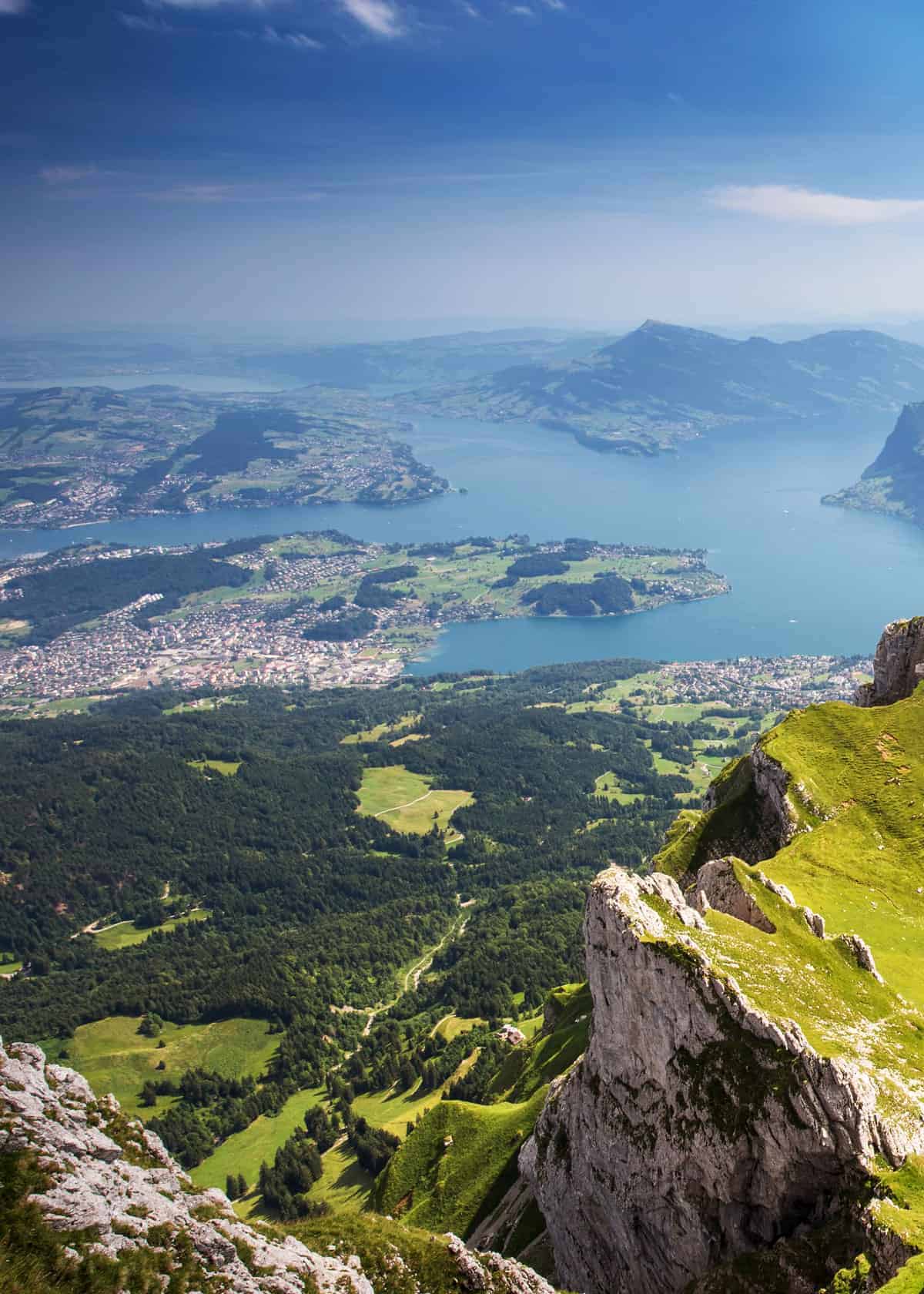
2. Cost of living in Lucerne Switzerland
Moving is expensive wherever you’re going, but in Switzerland, the bills keep coming long after you’ve unpacked.
Rent in Lucerne isn’t as expensive as in Geneva or Zurich, but there are still plenty of invoices to be paid. There’s a church tax for church members, dog tax for dog owners, radio and television license fees (even if you don’t have a radio or television in your house), liability insurance, and, of course, health insurance, or Krankenkasse.
Keep in mind, too, that if you work less than 8 hours per week or are self-employed, you won’t necessarily be insured for accidents, which fall outside of the Krankenkasse.
3. Public transport in Lucerne
One cost you can probably avoid in Lucerne, however, is a car. Switzerland boasts an extensive public transport network, connecting even the tiniest of villages, and the service within the city is excellent.
If you’ll be using public transport even sporadically, consider getting a travelcard. There are plenty of options for passes covering specific travel zones to the whole country. One of my first investments after moving to Switzerland was a Halbtax travelcard. This entitles holders to half-price travel on all national rail routes, many local travel services, and the odd cable car.
Switzerland borders Germany, France, Italy, Austria, and Liechtenstein.
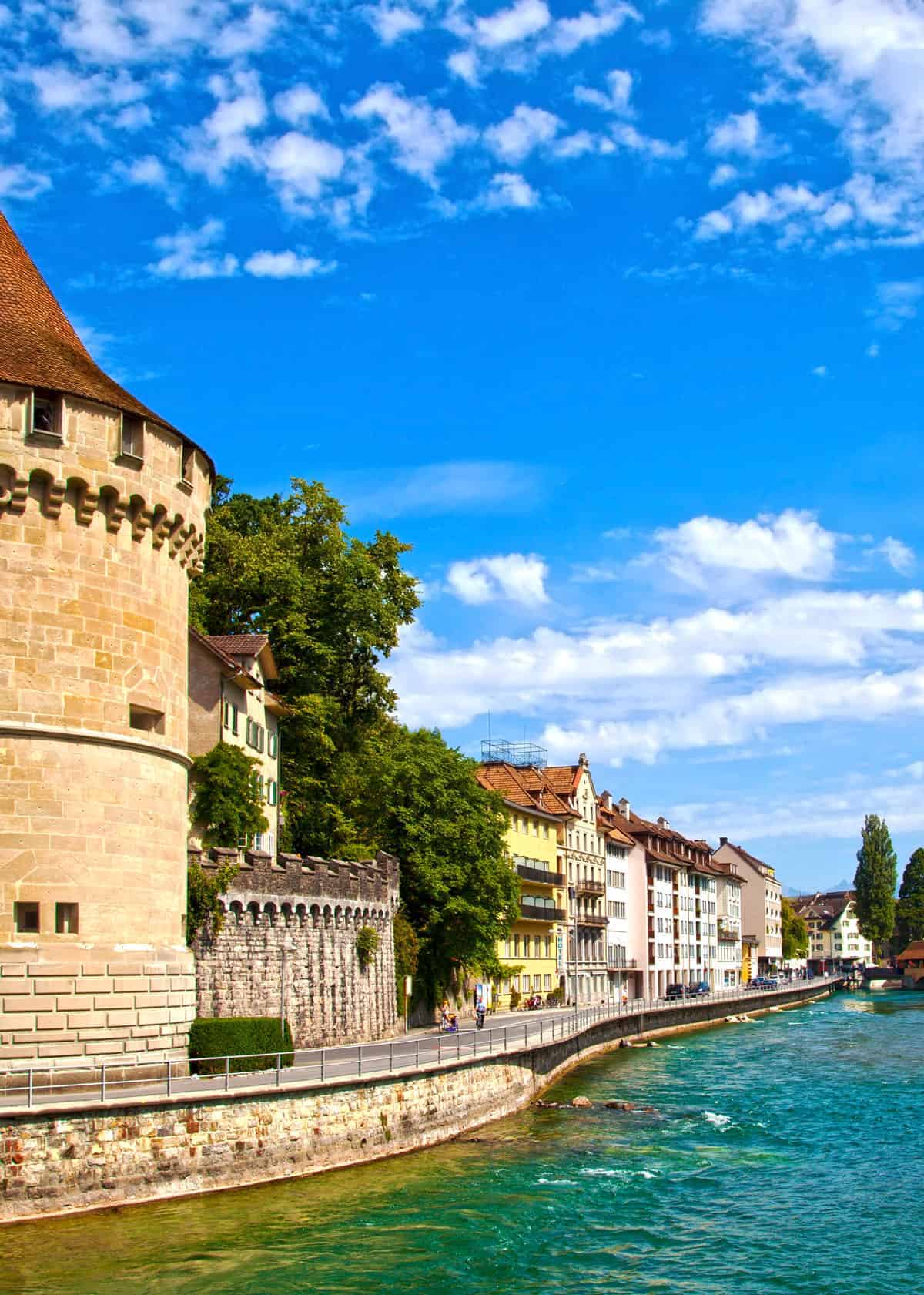
More reading: 10 Pros and Cons of Living in Switzerland
4. Rubbish in Switzerland
The Swiss are diligent about disposing of their rubbish, and you will be too after a short time living here.
Regulations vary across the country, but there is a common theme of only being allowed to deposit household waste in a particular — and expensive — type of bag. There is, therefore, an incentive to keep as many things out of that bag as possible and to sort them into recycling receptacles.
When you move into your new home in Lucerne, you should be informed of the recycling schedule in your area. Paper and card can be bundled and left outside for collection on specific dates, or you may have a specific bin in the communal area of your building. My personal favourite is the food waste, which is collected by horse and cart.
5. Peace and Quiet
Another carefully regulated aspect of life in Switzerland is noise.
On moving into an apartment building, you will likely be provided with a set of house rules stipulating the requirements for keeping it down. In our building, for example, there is a Nachtruhezeit (night-time peace) from 10pm to 7am. During this time, residents may not play music, use loud equipment, or take baths.
The Swiss also value peace and quiet over lunchtime. This is generally the main meal of the day, for which children return home from school and workers either join their families or enjoy a cooked meal with colleagues. Heavy machinery is shut down, tools are switched off, and a sense of calm falls over Lucerne for around an hour at midday.
The rules may require you to change your behavior in ways you wouldn’t have anticipated. There’s to be no recycling of glass bottles on a Sunday and no hoovering out the car at lunchtime. Public holidays are precisely the wrong time for DIY, and your children’s lunch break is for eating, not playing outside.
It may seem overbearing, but after a while, you will come to appreciate this enforced consideration of others’ ears.
6. Language vs. Dialect
For a small country, Switzerland has a lot of national languages — French, German, Italian, and Romansch. German is the most widely used and is the official language of the Lucerne region.
Be warned, however: while German is used in newspapers, contracts, and official-sounding emails, what’s spoken on Swiss streets is worlds apart from anything you’d learn in your language classes. Fluent and native German speakers can tune in eventually, but those of us speaking German as a shaky second language face a much bigger challenge with the Swiss German dialect.
Here are a couple of examples of Lozärner Dütsch (Lucerne dialect) compared with high (standard) German and English:
- Lucerne: “De Bueb ond s Meitli dön dem Fußgängerweg entlang laufe.”
- High German: “Der Junge und das Mädchen laufen den Fußweg entlang.”
- English: “The boy and the girl walk along the footpath.”
- Lucerne: “Ech hätti gern sPoulet bitte.”
- High German: “Ich hätte bitte gerne das Hähnchen.”
- English: “I’d like the chicken, please.”
You might come across some Swiss who are reluctant to speak high German with you. When this happens, you will despair at having spent money on language lessons which feel like no use at all — especially when you realise that Swiss German varies around the country, too.
Just an hour away in Bern, for example, those sentences would be:
“Dr Giu u z Modi loufä ufem Trottoir,” and “I hätt gärn z Poulet bitte.”
Over time, you will begin to recognize words among the sounds, and (apparently!) they will slowly start to make sense. After a lot of exposure, it is possible to recognize some of the “rules” of your local Swiss dialect, and maybe even use it yourself.
7. Meeting and greeting in Switzerland
When you meet Swiss people, bear in mind that the traditional form of greeting may not be what you’re used to. The method also varies depending on your relationship with the other person: a handshake is most formal, three kisses (for women) is somewhere in the middle, or, for good friends and family, a hug.
When meeting a group, it’s considered good form to greet everyone individually, even if this takes a while. The onus is on you to get around the whole group, and failing to do so may be seen as rude or standoffish.
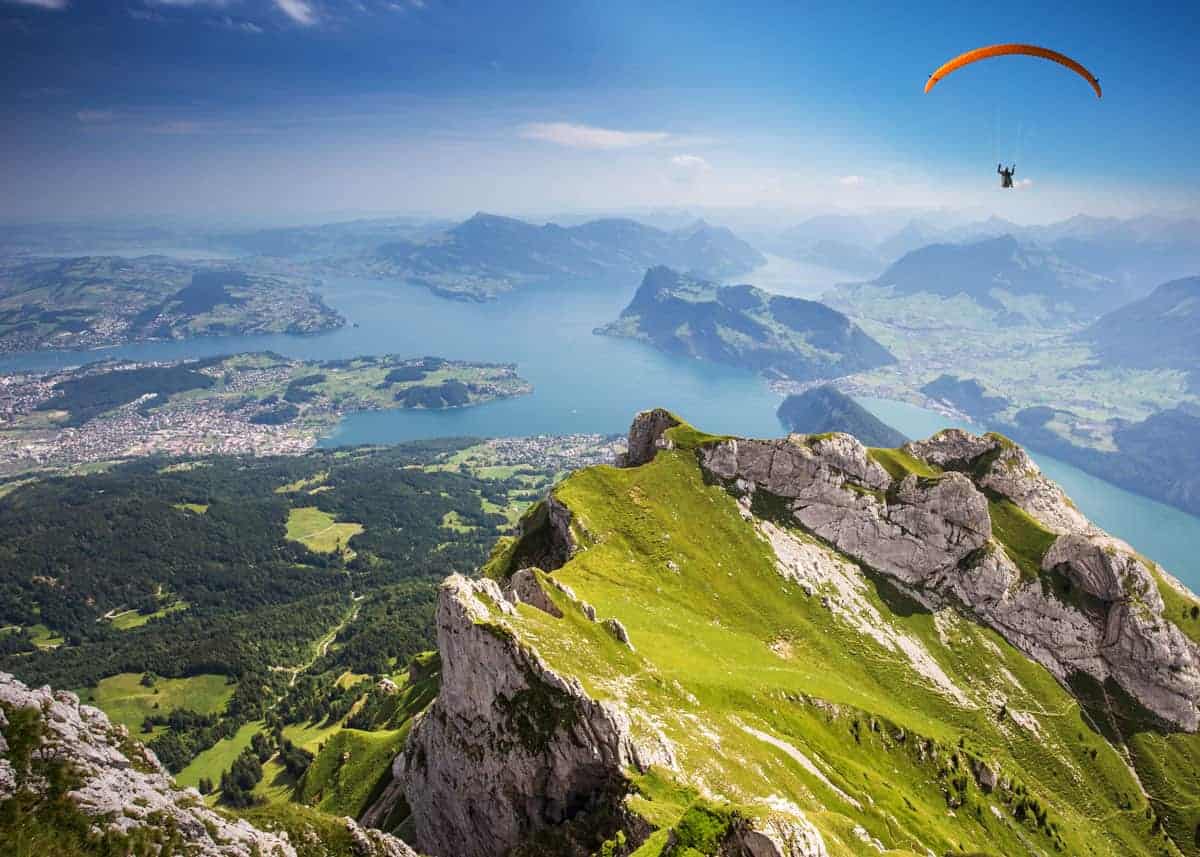
8. Verein culture
One of the best ways to get to know people in Lucerne is to join a Verein (a club).
Regular, structured participation in a club or team is hugely popular in Switzerland. And, in a society where personal networks are crucial (and decisive), membership may open a few doors for you.
The Swiss approach to work-life balance also means committing to weeknight plans is more realistic than in some cultures. Core office hours will begin at or before 8 am and finish correspondingly early, while overtime is often tagged onto the beginning rather than the end of the day. As such, there is still time for socializing after work.
If you’re interested in becoming a member of a club in Lucerne, you can find a register of local Vereine here (German).
9. Shop opening hours in Switzerland
What you can’t always do in your spare time is shopping. Aside from a few restaurants, cafés, and tourist shops, most businesses will be closed on Sundays and public holidays.
On Saturdays and days before a public holiday, shops close either at 4 pm or at noon. After that, your only option is an emergency trip to the train station, where the two supermarkets, Coop and Migros, are open till 10 pm every day.
10. Weather in Lucerne Switzerland
Lucerne really lucked out in terms of natural beauty. The city is famous for its awe-inspiring views across the Vierwaldstättersee to the nearby Alps, captivating thousands of tourists each year.
There’s just one small problem. Due to its lakeside position, Lucerne is subject to a layer of fog, the Nebelmeer, which takes hold of the city for days at a time. Especially in autumn, when the air cools quicker than the water, a mist rises from the lake but has nowhere to go, unable to filter through a wall of mountains. Instead, it sits over Lucerne, shutting out all evidence of a world beyond the harbor.
When this happens, the best thing to do is to head up, through the Nebelmeer and out the other side, where you’ll see blue skies once again.
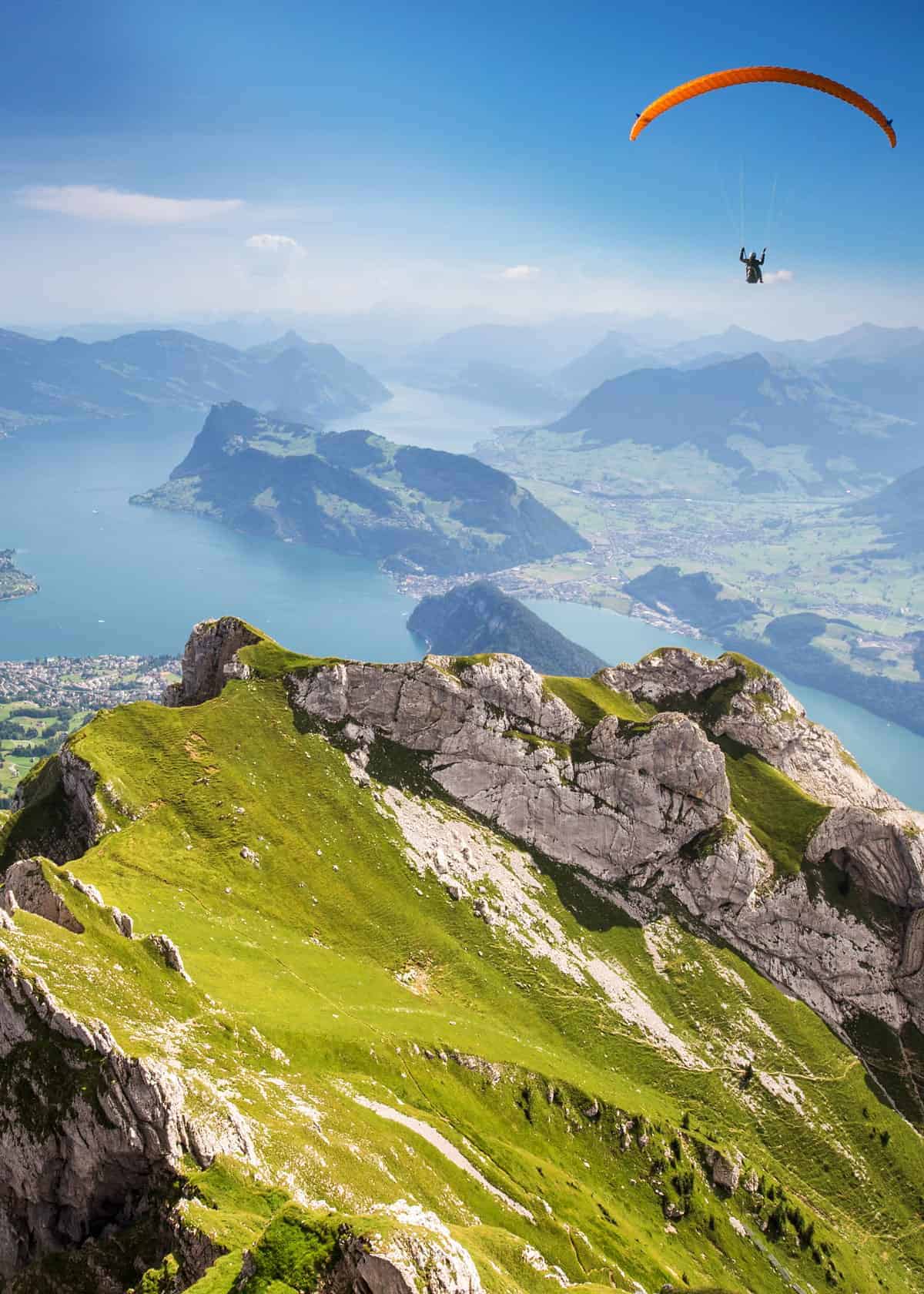
More reading: 17 Best Expat Books for Moving Abroad
 Author bio
Author bio
Lucy Ferguson is a freelance writer and editor. She moved to Switzerland from the UK in 2017 and does her best to get to grips with the language and customs in her new home city, Lucerne.
She can be found on or in the Vierwaldstättersee in all seasons, or admiring it from higher altitudes. www.wordhouse.ch

 Author bio
Author bio